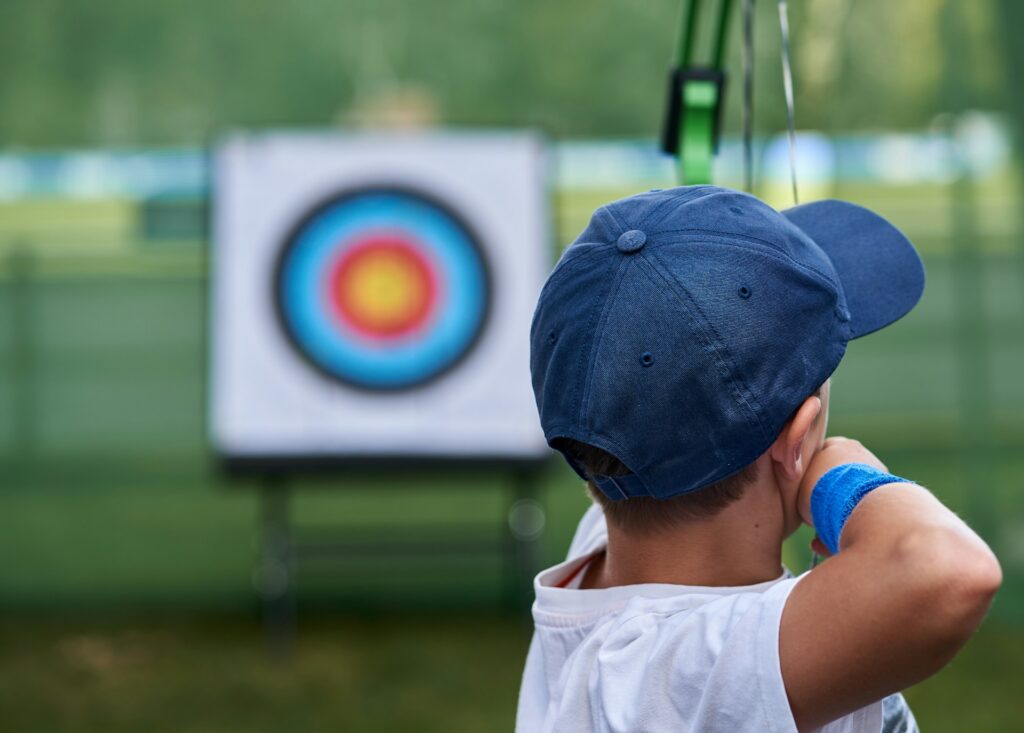
Mastering a new skill can be a transformative journey, offering immense personal growth and boosting self-confidence. Whether you’re aiming to learn a musical instrument, improve your public speaking, or dive into coding, the process of skill acquisition opens doors to new opportunities and enhances your life. Here’s a step-by-step guide to mastering a new skill for personal growth.
1. Identify Your Why
Before diving into learning, understand why you want to master this skill. Ask yourself questions like:
- How will this skill improve my life?
- What long-term benefits can I gain?
A strong “why” keeps you motivated, especially during challenging times.
2. Set Clear Goals
Break your learning process into achievable goals. Use the SMART framework:
- Specific: Clearly define what you want to learn.
- Measurable: Track your progress.
- Achievable: Set realistic milestones.
- Relevant: Ensure the skill aligns with your personal growth goals.
- Time-bound: Set deadlines for each phase.
Example: Instead of saying, “I want to learn Spanish,” say, “I want to hold a basic conversation in Spanish within three months.”
3. Find the Right Resources
Identify the best resources that match your learning style. Some popular methods include:
- Books and E-books: Great for in-depth knowledge.
- Online Courses and Tutorials: Platforms like Udemy, Coursera, and YouTube offer excellent options.
- Mentorship: Learn from someone experienced in the field.
- Communities and Forums: Join groups where like-minded individuals share tips and motivation.
4. Practice Consistently
Consistency is the key to mastery. Allocate dedicated time each day or week to practice. Use techniques like:
- The Pomodoro Technique: Break learning into focused 25-minute intervals.
- Deliberate Practice: Focus on improving weaknesses rather than repeating what you already know.
- Spaced Repetition: Regularly revisit what you’ve learned to reinforce retention.
5. Embrace Mistakes
Mistakes are stepping stones to success. Instead of fearing failure, view it as a learning opportunity. Analyze what went wrong, adapt, and improve. Cultivating a growth mindset—believing that abilities can be developed—can significantly accelerate your progress.
6. Seek Feedback
Feedback from experts or peers provides valuable insights into your progress. Constructive criticism helps you identify blind spots and refine your approach. Don’t hesitate to ask for advice, join workshops, or participate in challenges to test your skills.
7. Track Your Progress
Monitor your achievements regularly. Keeping a journal, using apps, or creating visual trackers can help you see how far you’ve come. Celebrate small victories along the way to stay motivated.
8. Stay Committed and Patient
Mastering a skill takes time and perseverance. Avoid comparing your progress to others and focus on your journey. Build resilience to push through plateaus and remind yourself of the rewards waiting at the finish line.
Final Thoughts
Mastering a new skill not only enhances your capabilities but also fosters personal growth, discipline, and resilience. By following these steps, you can turn any skill into a valuable asset in your personal and professional life. Start today—your future self will thank you!
For more tips on personal growth and productivity, subscribe to our blog and never miss an update.
Leave a Reply